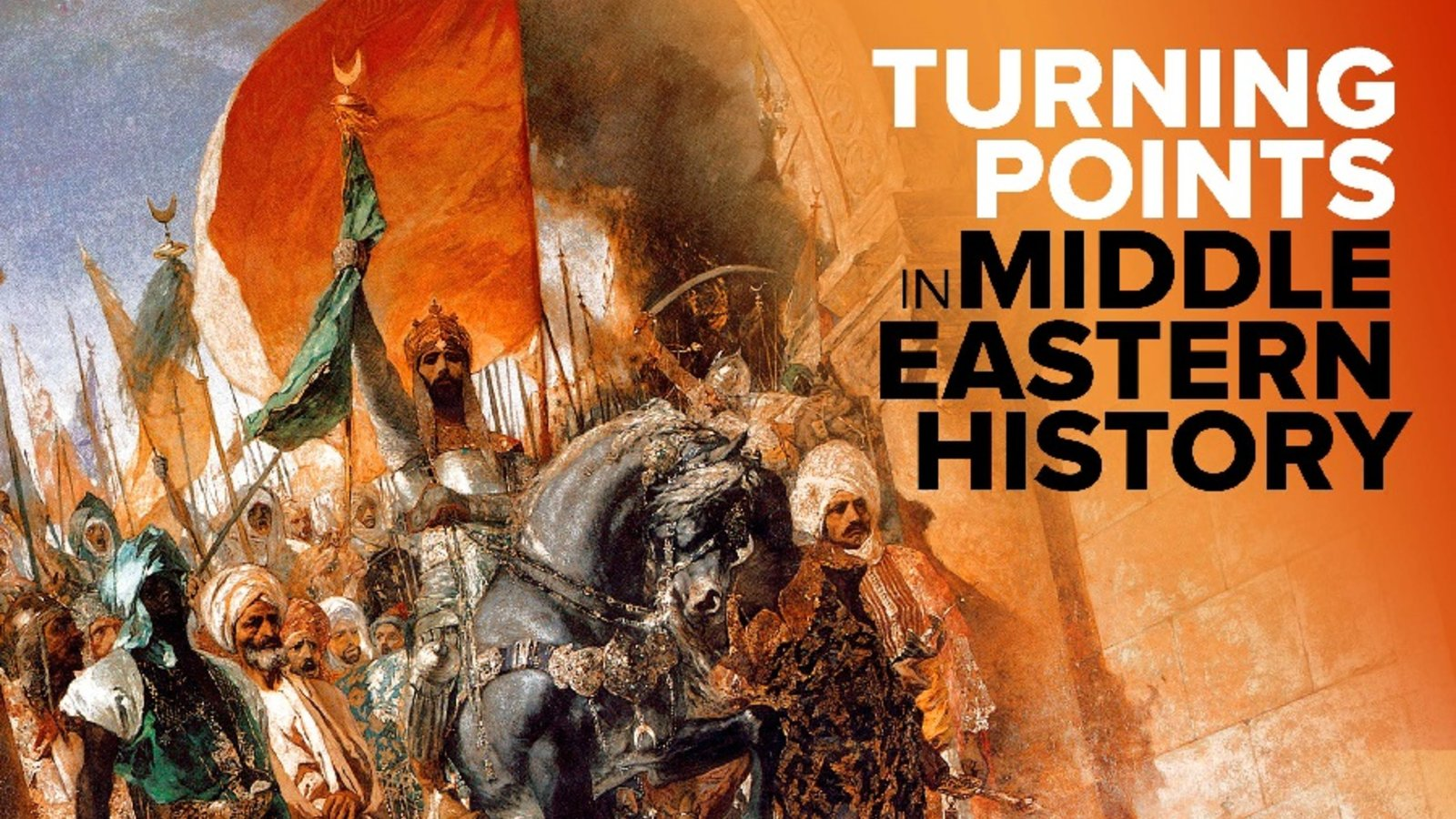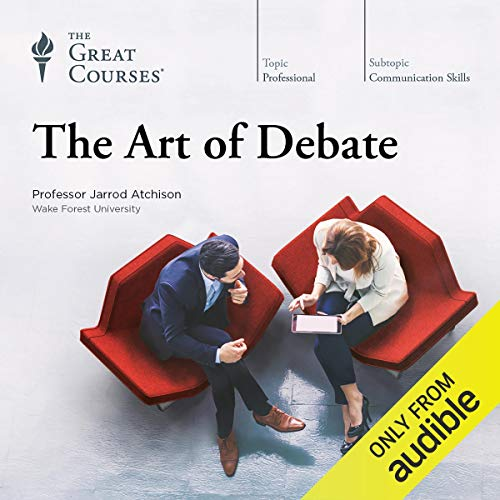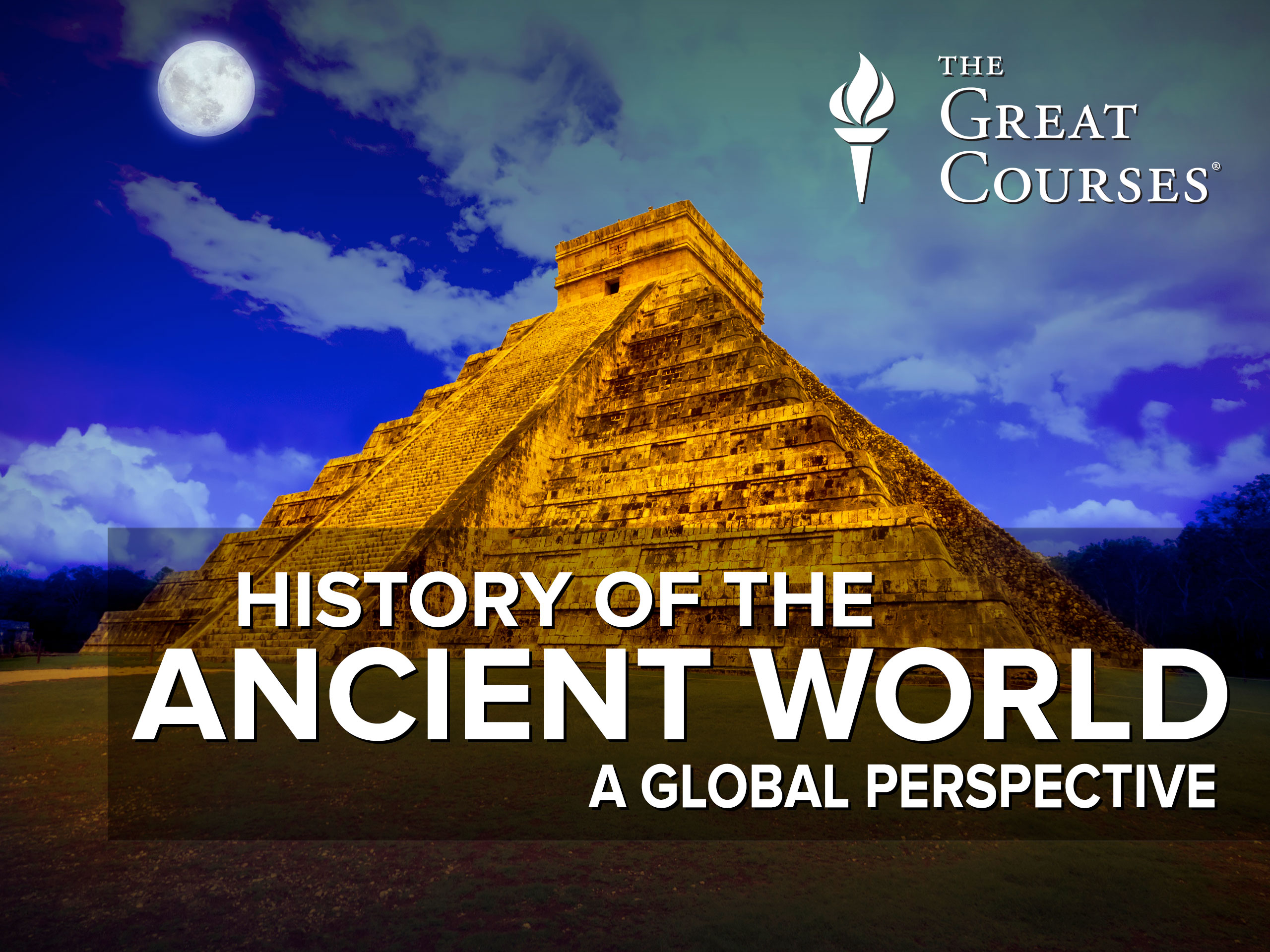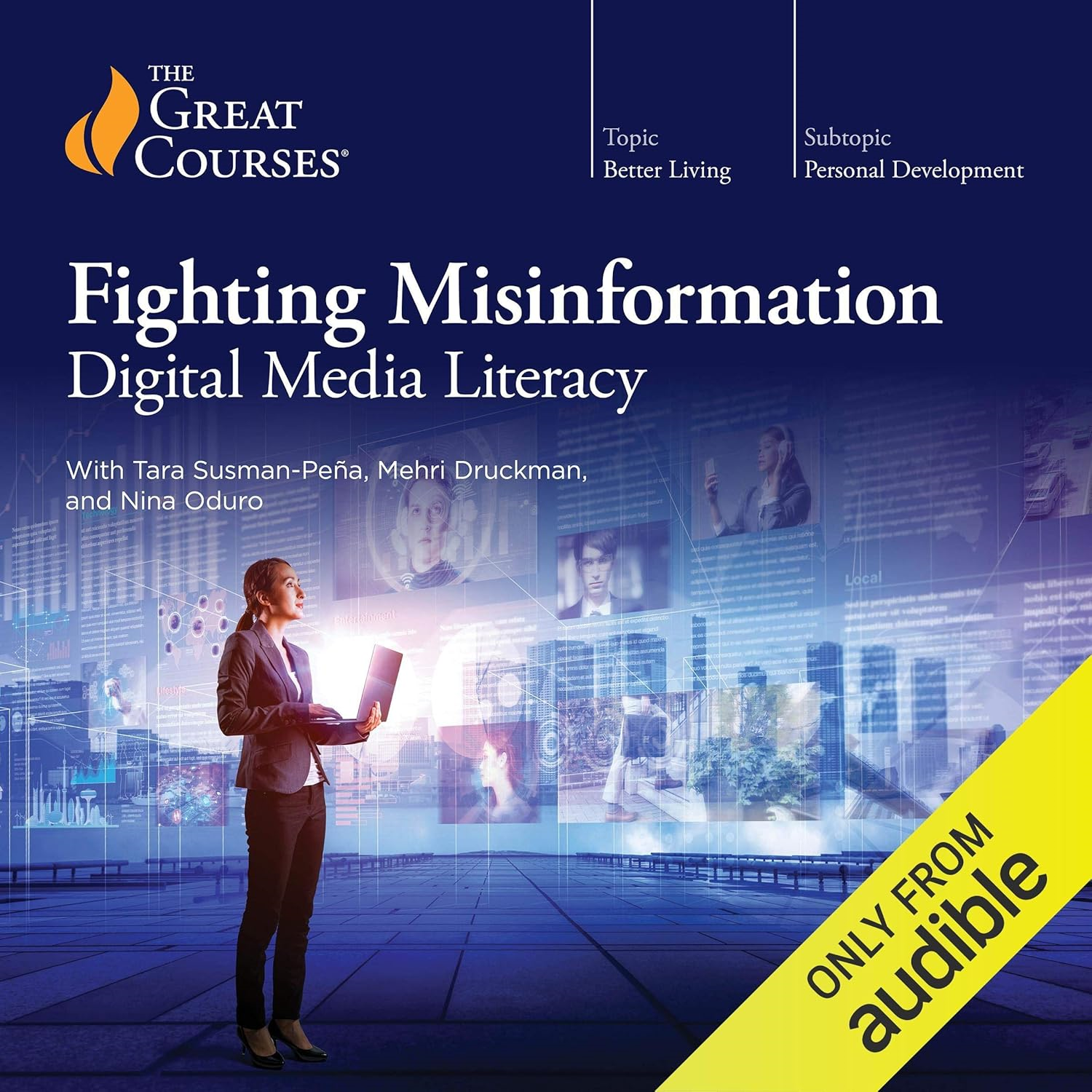Top videos
CompTIA IT Fundamentals+ Course | Module 10 Part 3: Process and Service Management
CompTIA IT Fundamentals+ Course | Module 14 Part 7: Implementing the Solution
CompTIA IT Fundamentals+ Course | Module 16 Part 1: Databases
CompTIA IT Fundamentals+ Course | Module 16 Part 6: Non-relational Database
CompTIA IT Fundamentals+ Course | Module 18 Part 10
The seventh-century Arab invasion of North Africa brought profound and permanent change to the entire region. Follow the Arab armies of the newly created Islamic empire in their conquest of the territories of Egypt, Libya, Tunisia, and Morocco, and take account of the lasting Arabization and Islamization that resulted.
History's richest human being was reputedly the African emperor Mansa Musa. Trace the events of Musa's legendary hajj to Mecca, where his lavish spending destabilized the economy of Egypt. Learn about his subsequent creation of a university and library that remain among the most important repositories of ancient wisdom in the world.
The fall of Granada marked the end of 800 years of Muslim rule on the Iberian Peninsula. Study the fitful Granada war that unfolded over ten years, leading to a final eight-month siege under the Catholic monarchs Ferdinand and Isabella. Follow the events of the state-sanctioned persecution of Jews and Muslims that followed.
Examine the birth of the 250-year Safavid Empire, established by the religious leader, warrior, and poet Ismail. Observe how Ismail forcibly converted his entire kingdom to the Shiite Islamic faith, introduced a new military system, and put in place the Persian bureaucratic framework that underlies the modern nation of Iran.
Continue your study of fallacies with a survey of fallacies that stem from the actual debate itself. To make their case, debaters often resort to false analogies, straw men, and ad hominem attacks. Fortunately, once you learn to recognize them, you will be well prepared to combat them and score points to win the debate.
Your introduction to Egypt reveals a civilization irrevocably shaped by geography. You learn how the Nile's predictable annual flooding of its banks, though creating a fertile strip amounting to only 3% of Egypt, permitted civilization to thrive in what was otherwise an uninhabitable desert.
In an ironic reversal of the Indus legacy, the next great era of Indian history is known through an enormous bounty of texts, but relatively little archaeological or material evidence. Grasp what the thousands of verses we have tell us about Vedic culture and religion.
From 700 to 500 B.C., thinkers around the world began to turn to fundamental philosophical questions. This lecture focuses on those whose concerns addressed this world and its pragmatic issues through rational inquiry, including Confucius, the Legalists, and the Greek philosophers known as the Ionian Rationalists.
Your attention shifts to those thinkers who looked beyond the physical world for answers to their questions about the fundamental issues of existence. Examine the impact of several key texts and belief systems, including the Upanishads, Jainism, Buddhism, Daoism, and Zoroastrianism.
Alexander's death in 323 B.C caused his vast empire to fragment. You meet the father and son who created the largest Indian empire that would be seen until the establishment of the modern Indian nation in 1947.
Discover how the father of the Chinese nation combined ruthlessness and vision to unify his country, create the largest empire that part of the world had known, and execute a clear and coherent philosophy that would be China's political model for almost a millennium.
Visual images have been selected, edited, reframed—even manipulated—before they reach us, often in ways designed to elicit an emotional response. Explore the impact of reuse and mislabeling, photo selection effect, and deliberate alteration or forgery to affect how we see and feel about an image. Then, employ Label to Disable to diffuse the threat of visual misinformation.
Examine the strengths and weaknesses of three primary types of evidence: narrative evidence, empirical evidence, and evidence based on authority. As you review each type of evidence, you will see them in action as Professor Atchison applies them to debates about gun control, climate change, and physician-assisted suicide.







